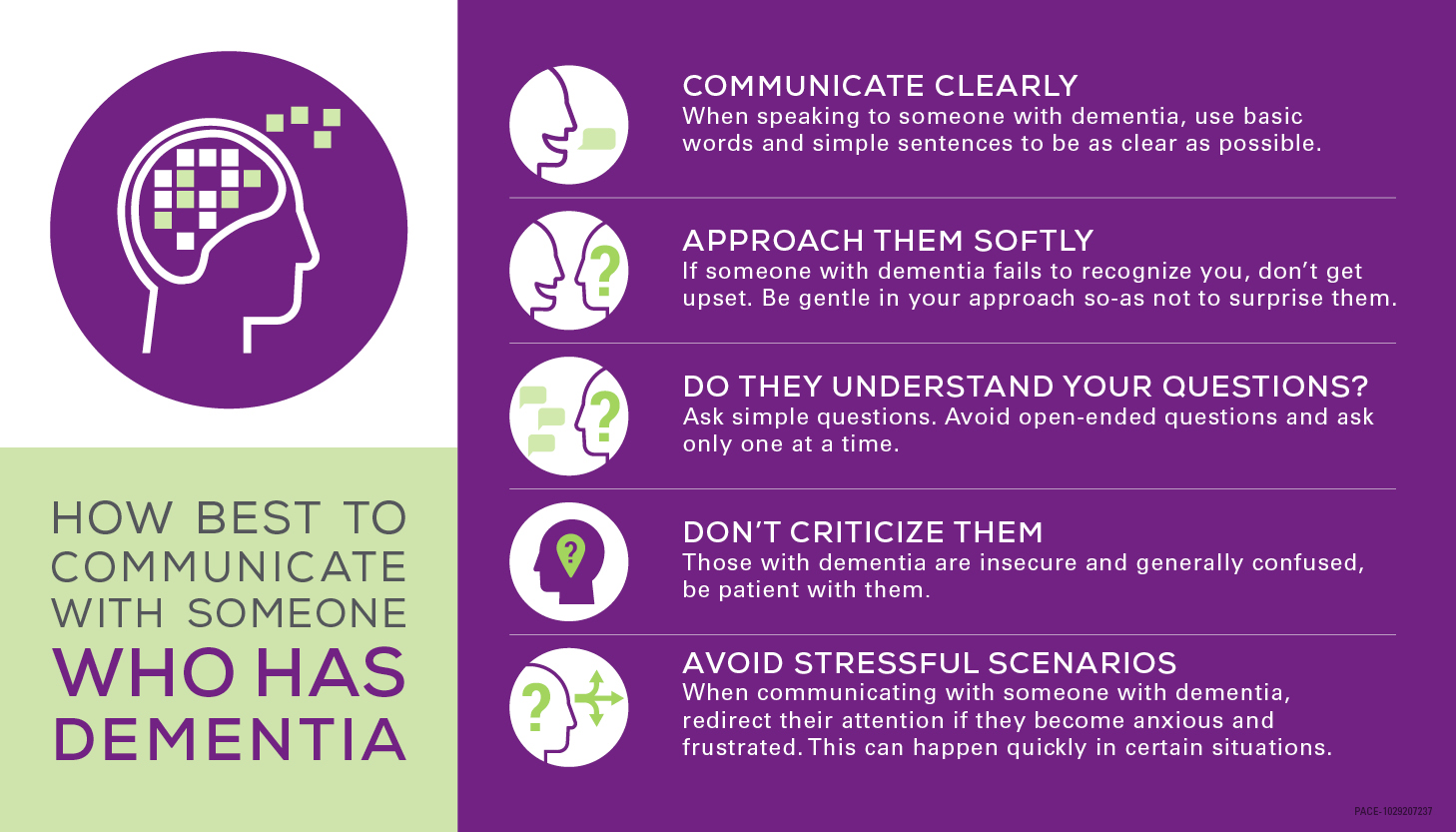Tips for Caregivers
PACE is for Caregivers
You want the best care for your aging loved one, but getting that care can be frustrating. You know what it is like to drive your loved one to different appointments. You know managing medications and coordinating care between doctors can be challenging and time consuming. You struggle with leaving your loved one at home alone during the day.
It doesn't have to be this way. Thousands of families across America have found a different and better kind of care for their aging loved ones through PACE programs. Trinity Health PACE and our programs across the country can coordinate all the care and services your loved one needs. A nursing home doesn't have to be in their future. Here are some tips to help you cope as a caregiver. You can also see if your loved one qualifies for PACE services.
10 Tips for Family & Caregivers
- Caregiving is a job and respite is your earned right. Reward yourself with respite breaks often
- Watch out for signs of depression and don’t delay in getting professional help when you need it.
- When people offer to help, accept the offer and suggest specific things that they can do.
- Educate yourself about your loved one’s condition and how to communicate effectively with doctors.
- There’s a difference between caring and doing. Be open to technologies and ideas that promote your loved one’s independence.
- Trust your instincts. Most of the time they’ll lead you in the right direction.
- Caregivers often do a lot of lifting, pushing, and pulling. Be good to your back by learning safe lifting techniques.
- Grieve for your losses, and then allow yourself to dream new dreams.
- Seek support from other caregivers. There is great strength in knowing you are not alone.
- Caregivers often do a lot of lifting, pushing, and pulling. Be good to your back by learning safe lifting techniques.
- Stand up for your rights as a caregiver and a citizen.

